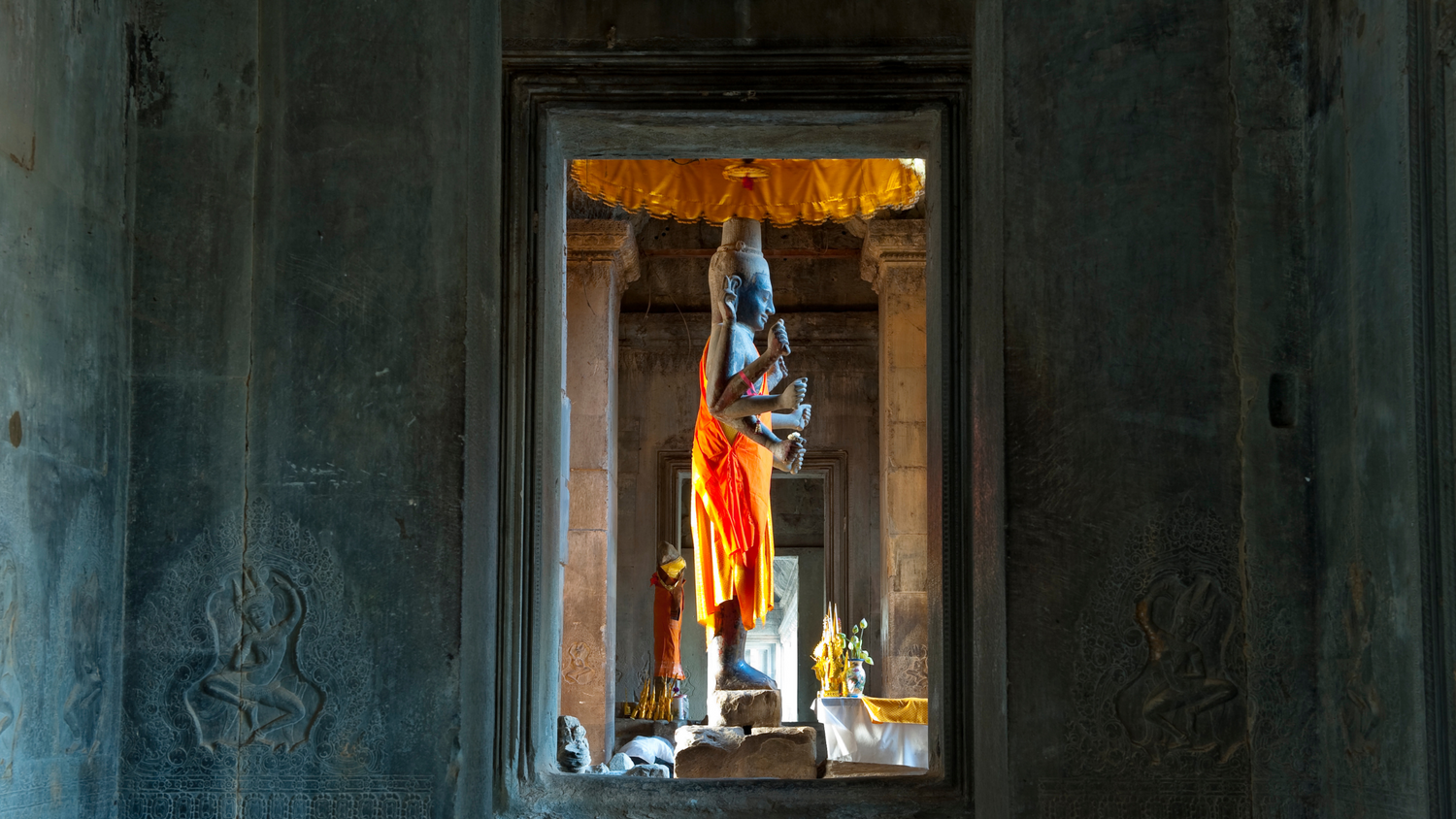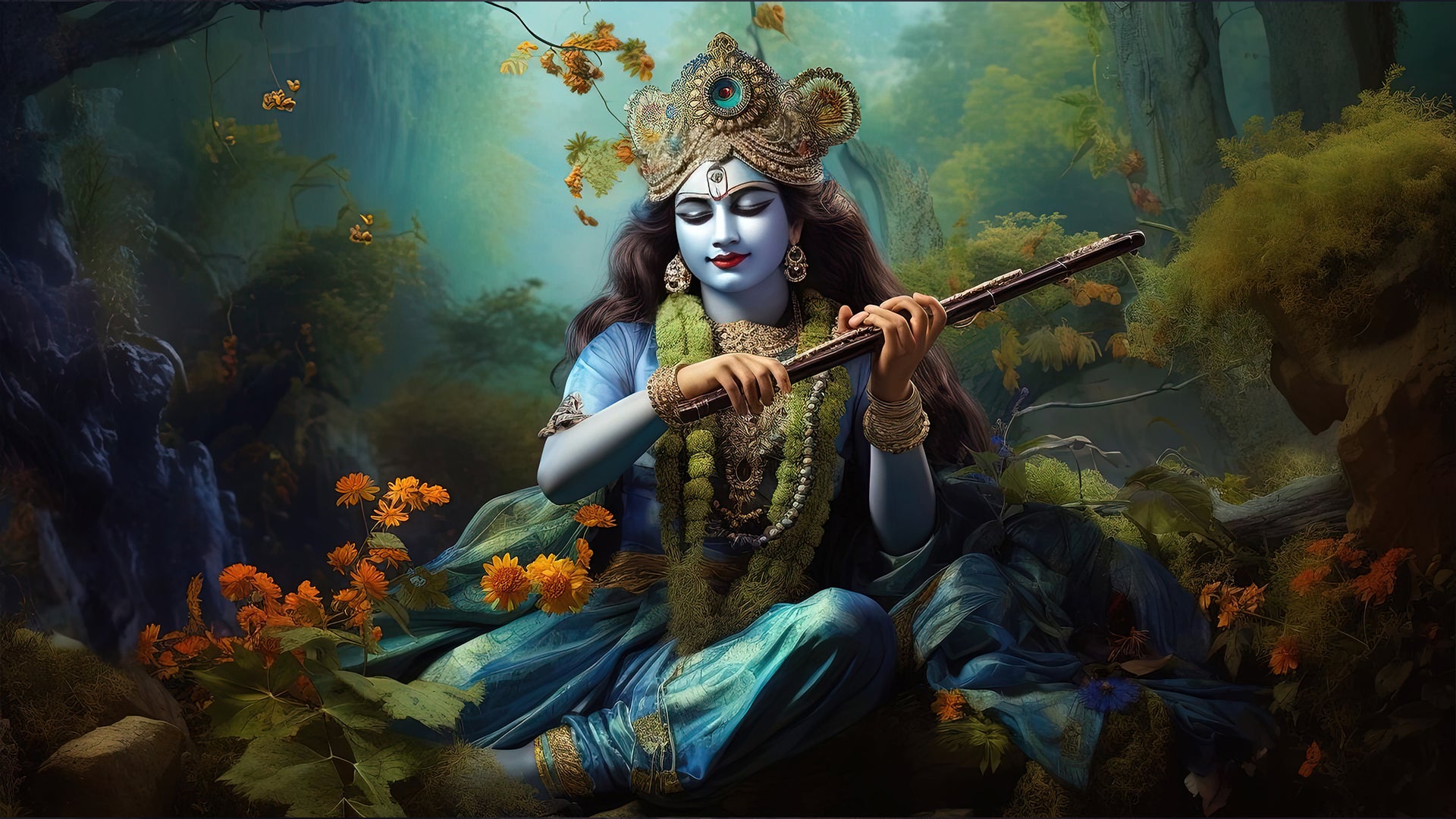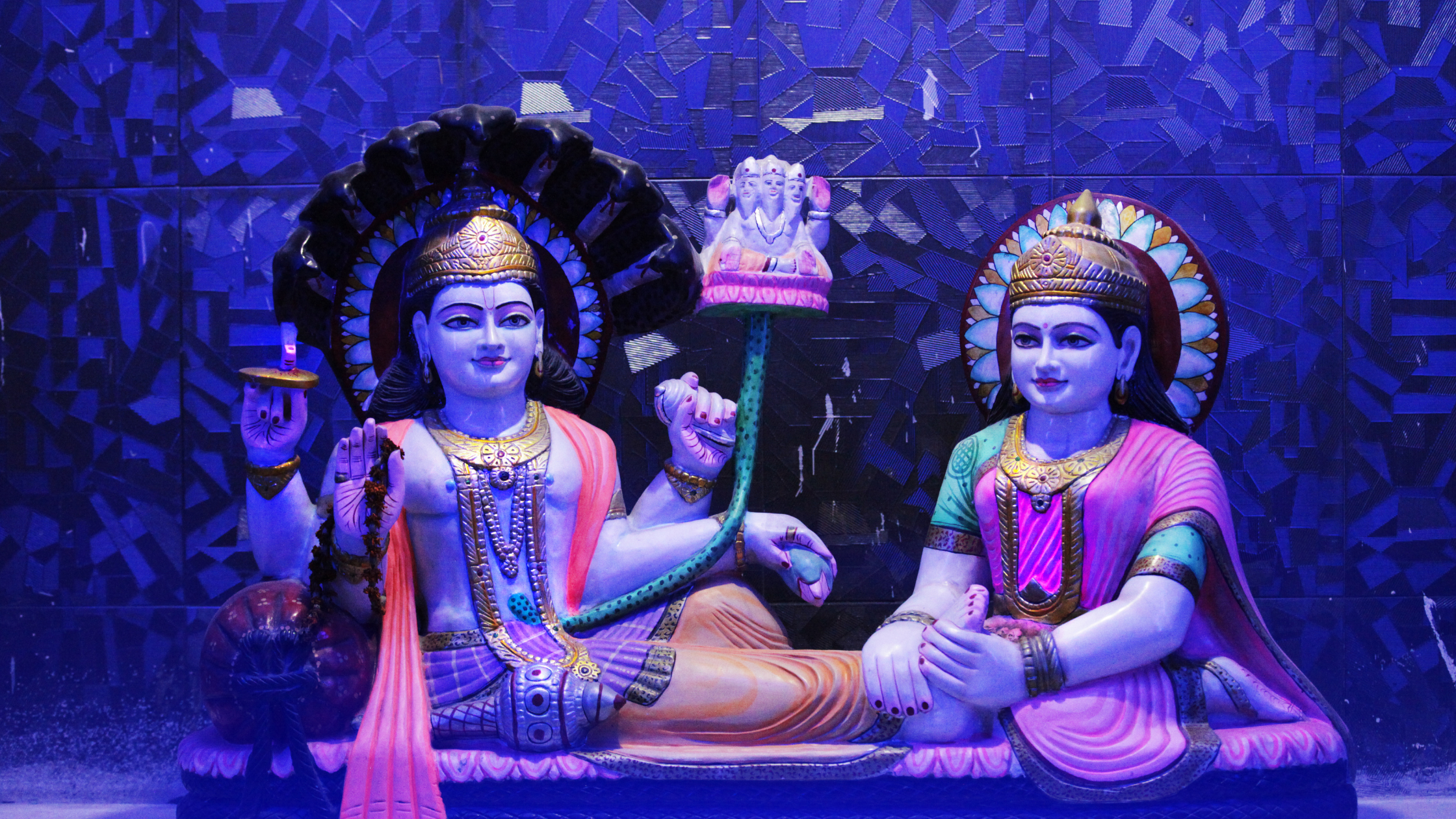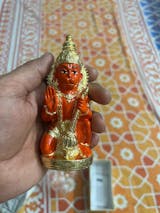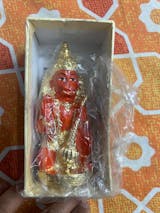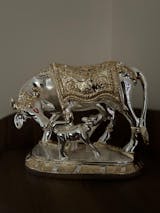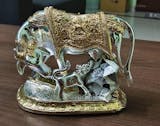As you know, there are enormous festivals based on different cultures, regions and traditions in India. If we divide India, there might be an infinite difference in the celebrations and cultures. For example, Navarathri, Holi, Lohri, Diwali, etc., are actively celebrated in north India. Whereas, South India is known for Pongal, Onam, Ugadi, Vishu, etc. Even though every festival relies on embracing the good and unity, it might differ based on the deities praised and the culture or tradition followed.
In such cases, do you know the significance of Vishu? Let’s learn more about the Vishu festival actively celebrated in Kerala.
Vishu, The Vibrant New Year
Being considered the new year, Vishu is one of the renowned festivals of Kerala. The festival usually falls around April. The festival is celebrated with enthusiasm, revoking the culture and tradition beyond praising or worshipping deities or gods. The Vishu signifying ‘equal’ the festival is considered the day when both day and night are equal. People consider Vishu an auspicious day to pray and celebrate the year with positivity.
The festival has a unique ritual and tradition said to be’ Vishu Kani’. This tradition is about setting up an arrangement of valuable and blissful items together, which has to be the first sight of everyone in Vishu. The setup of Vishu kani includes a group of auspicious items such as fresh vegetables, fruits, mirrors, lamps, metal coins, flowers such as Cassia Fistula, and more, along with an idol of the preferred deity.
Read more: Top 4 Festivals of Lord Vishnu
Other Customs of Vishu
Kaineetam
The word ‘Kaineetam’ means the money offered by the elders to the young ones of the family as a blessing. It is one of the unwavering customs followed from past to present by the people celebrating Vishu.
Vishu Feast
Vishu feast, which is called ‘Vishu Sadya’ is one of the highlighting factors which is impressive and delicious. Sadya is a special meal prepared in Kerala during festivals like Onam and Vishu without non-vegetarian dishes. The fresh vegetable-prepared meal is presented as a whole on banana leaves, enhancing the satisfaction of the food. On the sweeter side, people also prepare various types of sweets which would be renowned for their taste. People also make a dish called Vishu Kanji, prepared by adding coconut milk.
Celebrations through Fire Crackers
For generations, it has been a custom to celebrate Vishu with firecrackers to share happiness and togetherness. But nowadays, due to environmental concerns, it is suggested to reduce the celebration through firecrackers.
Other Programs
In addition to these, people also conduct cultural events, including dance performances, singing songs, and other entertainment. This entertainment and programmes are also conducted in temples, which adds more engagement to spirituality.
Read more: 5+ Benefits of Having Radha Krishna Statue in Your Houses
Which Deity is Honoured in Vishu?
Even though Vishu is a festival which has less importance to deities but gives more attention to traditions, people relate Vishu with lord Krishna. It is obvious he is one of the renowned gods in Hinduism, people remember his stories, lessons and actions not only in Krishna Jayanti but also in Vishu.
The reason behind placing an idol in the Vishu Kani is to worship and seek blessing from the god for their upcoming year's plans. Most people choose the idol of lord Krishna, a revered deity for Vishu Kani. Since Kerala is a region with several devotees to lord Krishna, they choose this occasion to honour and share their gratitude for the blessings. Sometimes the idols kept in the Kani might vary based on tradition, culture and preferences.
Let's Celebrate Vishu With Great Enthusiasm
As you know, Kerala is one of the culture-rich states of India, with a wide range of traditions that might vary based on the regions, religions and festivals. Vishu is one of the renowned festivals which is proactively celebrated in Kerala by Hindus. Among the unique traditions, Vishu Kani is one of the traditions, unlike other festivals. This custom signifies the unflattering hope towards a prosperous year and future ahead. Along with embracing positive energy, it is also a festival of togetherness where families gather together, following the above-mentioned customs, with great enthusiasm.

